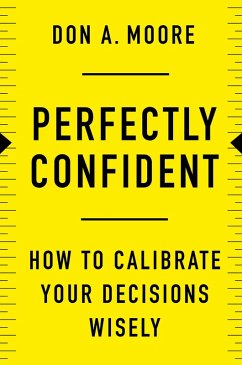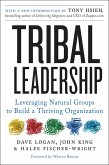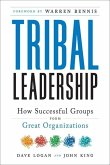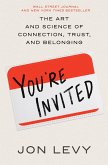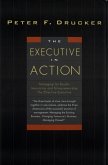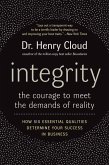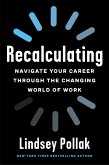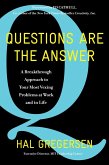A surge of confidence can feel fantasticoffering a rush of energy, even a dazzling vision of the future. It can give us courage and bolster our determination when facing adversity. But if that self-assurance leads us to pursue impossible goals, it can waste time, money, and energy. Self-help books and motivational speakers tell us that the more confident we are, the better. But this way of thinking can lead to enormous trouble.
Decades of research demonstrates that we often have an over-inflated sense of self and are rarely as good as we believe. Perfectly Confident is the first book to bring together the best psychological and economic studies to explain exactly what confidence is, when it can be helpful, and when it can be destructive in our lives.
Confidence is an attitude that takes into account both personal feelings and the facts. Don Moore identifies the ways confidence behaves in real life and raises thought-provoking questions. How optimistic should you be about an uncertain future? What justifies your confidence in something amorphous and subjective like your attractiveness or sense of humor?
Moore reminds us that the key to success is to avoid being both over- and under-confident. In this essential guide, he shows how to become perfectly confidenthow to strive for and maintain the well-calibrated, adaptive confidence that can elevate all areas of our lives.
Dieser Download kann aus rechtlichen Gründen nur mit Rechnungsadresse in A, B, BG, CY, CZ, D, DK, EW, E, FIN, F, GR, HR, H, IRL, I, LT, L, LR, M, NL, PL, P, R, S, SLO, SK ausgeliefert werden.

